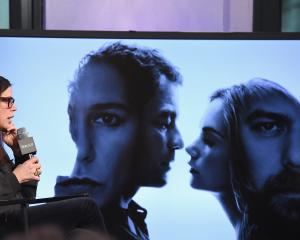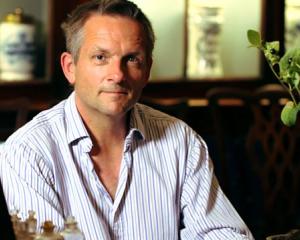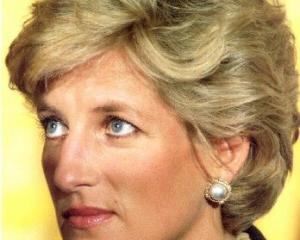BBC Knowledge is a television channel I trust. The BBC, after all, is from England, and is, like - the BBC.
The "Knowledge" bit sounds good, too. "Knowledge" makes it sound sort of intellectual, in an epistemology-based way.
As a brand, it works.
And it is not the only brand that works.
Store openings for Apple, for instance, attract hundreds of people from around the world who queue around the block and sleep outside overnight to be among the first in.
Later this month, this trustworthy BBC Knowledge features Secrets of the Superbrands, with presenter Alex Riley trying to discover why people buy, believe in and even love some brands.
"How do they get us to want all this stuff, and how much money are they really making out of us?" Riley asks.
And what is it about Apple that makes people so emotional?Secrets of the Superbrands is a three-part series beginning on January 25 at 8.30pm.
Unsurprisingly - because BBC Knowledge is, as we know, a great channel - the answers are interesting and enlightening.
The whole business of brand loyalty starts early, with the children from a Manchester primary school already well aware of what is cool in the mobile phone world, and what is not.
Apparently iPhones are cool, while Nokias are well out of fashion.
But that love of things Apple - the first episode covers technology, while the next two look at fashion and food - can get a wee bit religious in scale.
The aforementioned shop opening is an outing of mass sales weirdness and hysteria, with blue-T-shirted young salespeople driven to an embarrassing level of hysteria as the opening moment comes.
Bloggers are well known to be disturbingly fanatical, and Riley takes one who writes exclusively about Apple products to a team of neuroscientists with an MRI scanner to look inside his brain.
They find images of the products produce the same brain responses as those seen in the very religious.
The Bishop of Buckingham, who reads his Bible on an iPad, explains the similarities between Apple and a religion.
There was the apocalyptic battle with IBM for market share, there was a "messiah" in Steve Jobs and his second coming in 1997 after being ousted from the company, and shops that look just a little bit like churches.
Apple is not the only mega-brand considered; Nokia sells a million phones a day, but its brand was looking a bit shaky when the show was made.
Riley's visit to the company's biggest factory in India, where outside cattle drag loads down rural streets, is an eye-opener.
If you want a preview, try watching Secrets of the Superbrands on YouTube on your iPhone.





